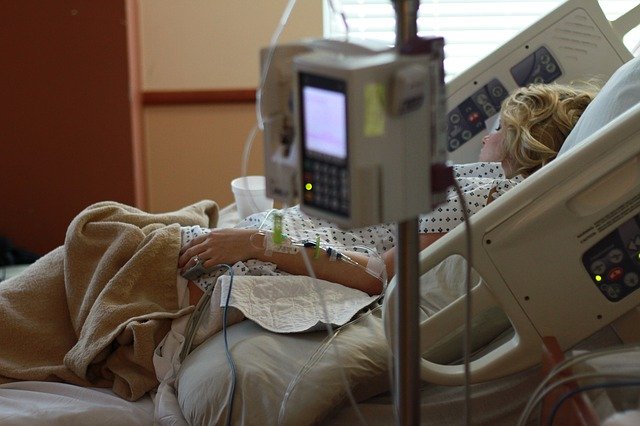Having a family member in ill health is quite the harrowing situation, as any attorney for complex family law can tell you. When that family member is your spouse, and you feel that the burden of care falls to you, the experience can be even more taxing, to the point where you neglect some of your own needs. It’s important to take care of yourself while you’re taking care of your spouse, however, and here’s why.
Caregiving Takes Its Toll
When you put your all into caregiving at the expense of your own personal well-being, there’s usually only one outcome — a decline in your own stability. Trying to juggle additional responsibilities, such as raising kids, work, etc., with it all further increases the risk of depression and chronic illness in caregivers, resulting in a further reduction in quality of life. In fact, caregivers are more likely to:
- Experience depression
- Experience stress & anxiety
- Exhibit poor eating habits
- Not exercise
- Be sleep deprived
- Avoid treatment for an illness
- Have mood swings
What’s more, all this can make you more accident prone. Being sleepy or distracted, for instance, makes you more of a liability behind the wheel, according to the law firm of Jeremy Rosenthal, so in taking care of yourself, you’ll be mitigating the likelihood of future calamity.
Putting Some Emphasis Back On Yourself
While your duties as a caregiver are still important, it’s also important for you to set some boundaries so you can show some care for yourself. This starts with communicating your own needs with your spouse, and coming to an understanding about the self-care steps that you’ll need to take. This communication will help mitigate some of the guilt involved with trying to care for yourself, which is a tremendous obstacle that prevents many from taking any personal time.
With your needs communicated, you’ll next need to devise a strategy for optimizing your own health. Taking breaks and learning techniques to cope with stress should be chief among your goals here, but don’t forget that your body is a complicated system and no one strategy will account for all your self care needs and win the proverbial day.
You should combine your stress reducing tactics and regular breaks with a balanced, healthy diet and ample exercise to further bolster your resilience and keep yourself in tip top shape. Go for a walk, lift some weights, try swimming — whatever you do, keep moving, as doing so will only strengthen you for the challenges that come with being a caregiver.
